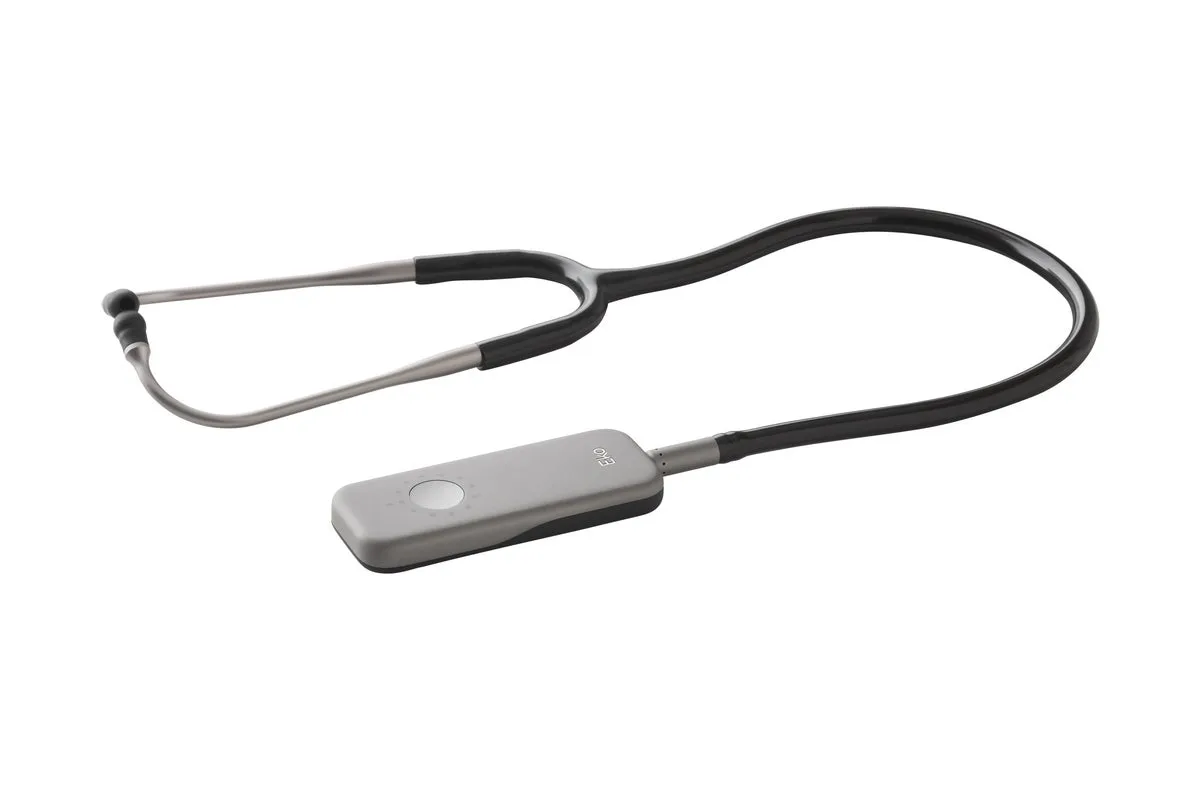Almonds can be eaten before lunch and dinner to prolong the sense of satiety. Some nutritionists recommend eating them 2 hours before lunch. Others, however, after eating. The result is that they are good for the heart.

Why are almonds good for you?
Eating 56 grams per day helps you lose weight. They provide satiety because they are difficult to chew. 25% of their fat is trapped in cell envelopes, which reduces their calorie intake by the same amount. For a snack it is better to have a handful of almonds than biscuits or sweets. They are a cocktail of protective nutrients, unsaturated fats, vitamin E, antioxidant polyphenols and potassium. Recent studies show that regular consumers of almonds have lower levels of bad cholesterol than those who don’t eat them.
How many almonds to eat in a day?
The recommended amount is a 60ml (1/4 cup) serving which is equivalent to 35 grams or about 25 almonds. In particular, they contain linoleic acid, a fat that helps maintain normal blood cholesterol levels. They are also rich in riboflavin (B2) and are a source of niacin (B3), thiamin (B1) and folate (B9), all of which contribute to energy metabolism. They are also a high source of magnesium, which helps reduce fatigue.
Is it okay to eat almonds every day?
The lipids they contain are Omega 9. The same ones found in olive oil. These monounsaturated fatty acids are very good. They are recognized for their protective properties of the cardiovascular system. The vitamin E they bring is an antioxidant that limits oxidative stress, responsible for the premature aging of our cells. They are also rich in fibers that promote intestinal transit. Adding fiber to your diet is very important.
Who can’t eat almonds?
People allergic to peanuts should avoid consuming them. Dried fruit allergies can be very dangerous. Sometimes even deadly. The main symptoms are those types of food allergies: diarrhea, vomiting, hives, angioedema, dyspnoea, cough, throat discomfort, anaphylaxis, anaphylactic shock.
Are almonds good for blood sugar?
This dried fruit promotes the lowering of blood sugar. They have a low glycemic index of 15 and therefore help keep blood sugar under control. They offer fiber, fats, and proteins that reduce the immediate absorption of sugars. This way they keep blood sugar in check. They prevent your blood sugar from rising too high. The advice is to eat them two hours after the meal and at least two hours after the next. Consuming 56 grams per day offers lower levels of fasting insulin.




